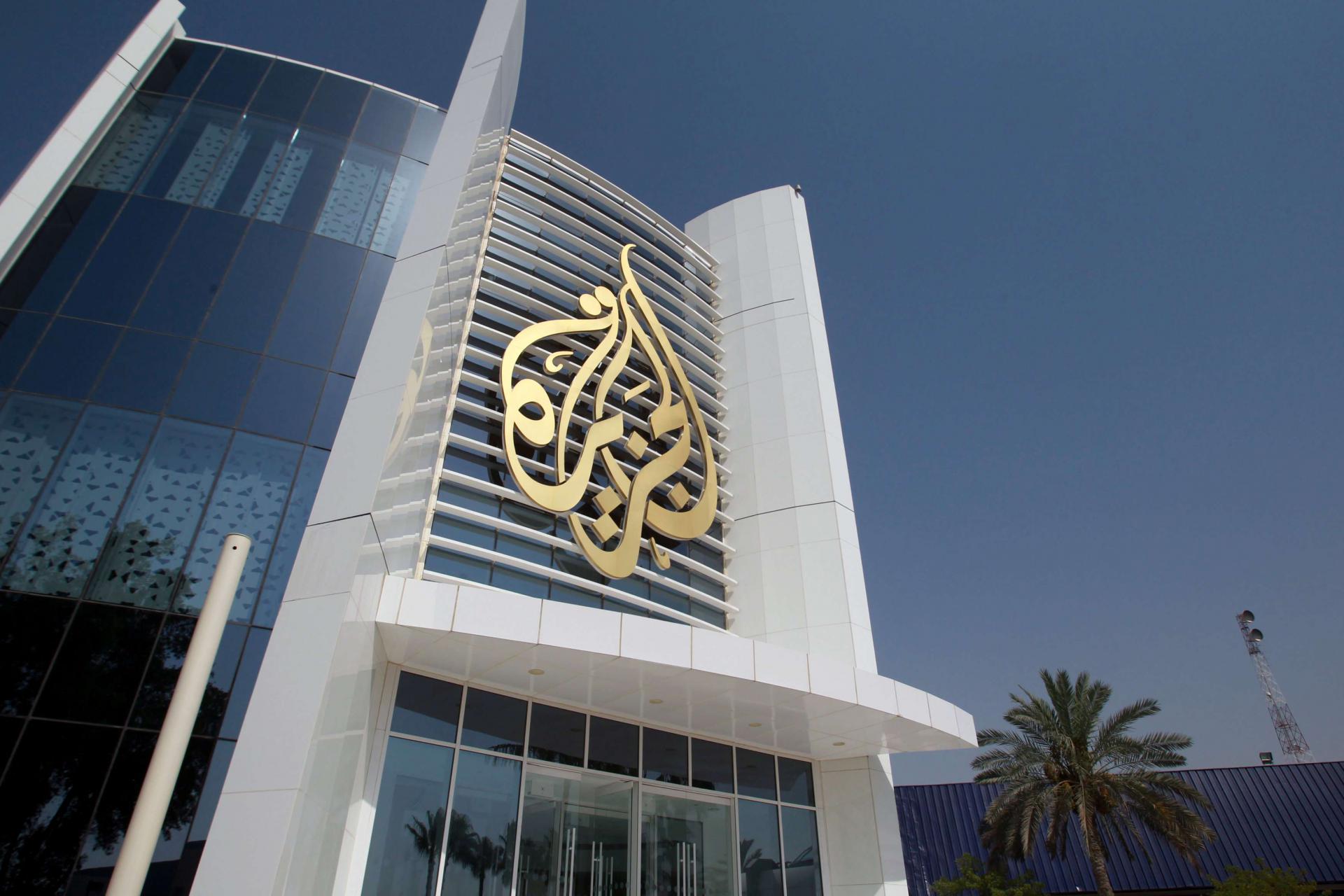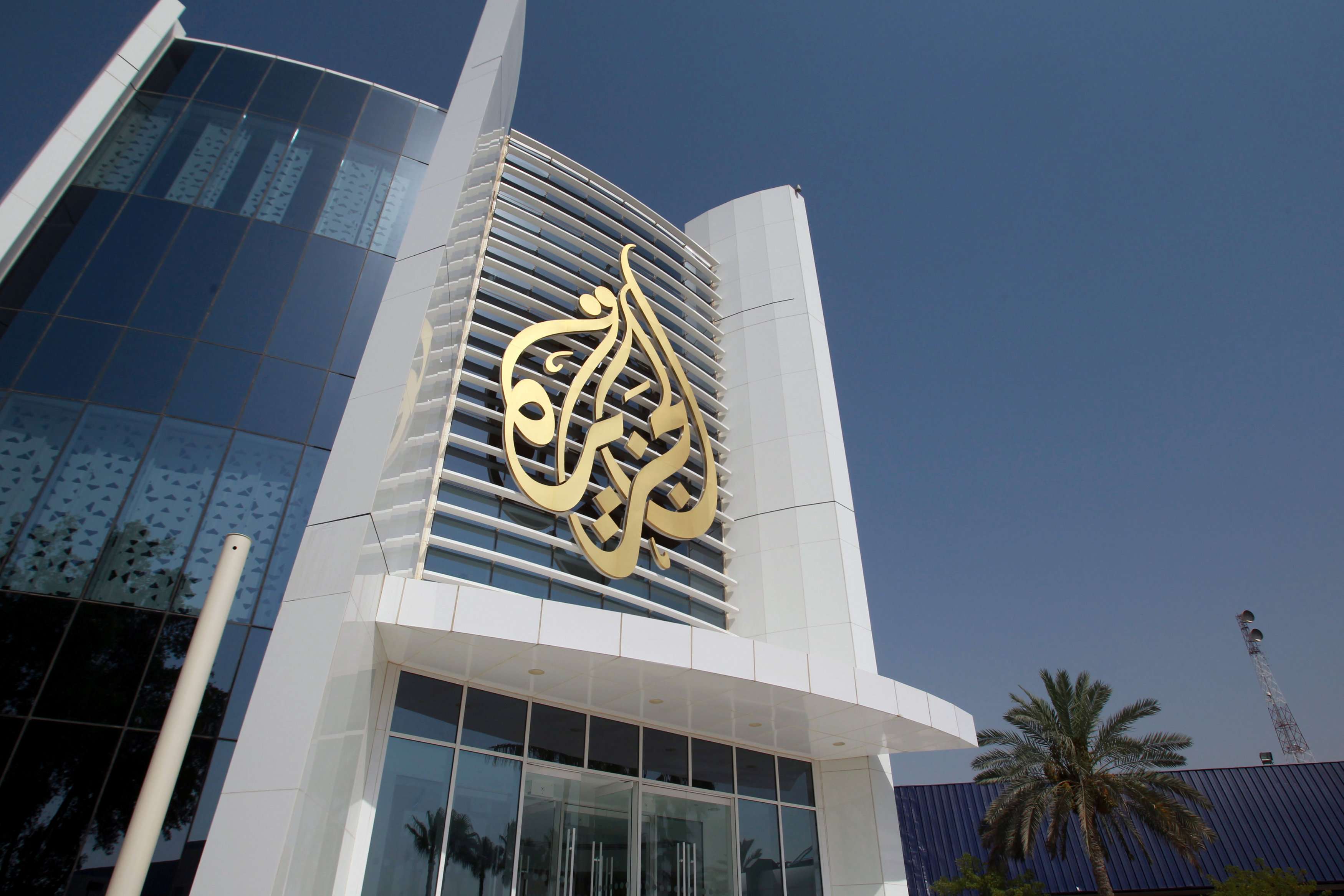Qatar's official silence reflects Erdogan's vulnerability in crisis
The relative silence of Qatar’s leadership during Turkey’s political crisis with Saudi Arabia over the killing of Saudi journalist Jamal Khashoggi underscores a key weakness of Turkish President Recep Tayyip Erdogan -- the country’s frail economy and embattled currency.
In August, Qatari Emir Sheikh Tamim bin Hamad al-Thani, Erdogan’s closest regional ally, promised $15 billion in investment, including $3 billion in currency swaps, to stabilise the Turkish economy when the lira plunged to record lows during a crisis with Washington over an imprisoned pastor.
In September, news broke of Sheikh Tamim’s “gifting” of a luxury 747 jet to Erdogan. The Turkish president’s growing fleet of aircraft has become a symbol of his ambitions to turn Turkey into a major regional and global power.
Despite disbursing the currency swaps and reportedly pledging financial backstops for Erdogan during his spat with Saudi Arabia, Qatar’s senior leadership has said little publicly since a political storm erupted over Khashoggi’s death in Istanbul. Instead, Doha has preferred to voice its criticism via relatively junior officials such as Lolwah al-Khater, a spokeswoman for Qatar’s Ministry of Foreign Affairs.
So where is Turkey’s closest regional ally when it is most needed?
Turkey and Qatar have enjoyed a resurgence in relations under Erdogan, jointly supporting Muslim Brotherhood movements in defiance of Saudi Arabia. They offered strong support for Muhammad Morsi, a Muslim Brotherhood-backed politician who was elected president of Egypt in 2012 and was toppled by the military in 2013. They jointly sponsored militant groups in Syria battling to topple President Bashar Assad after an armed insurgency began in 2011.
In the years since, however, Turkey and Qatar have become internationally marginalised: Turkey becoming almost a pariah state due to Erdogan’s increasing authoritarianism and rights abuses and Qatar being cut off by a boycott by neighbours including the United Arab Emirates, Bahrain, Saudi Arabia and Egypt over allegations that it supports terrorist groups.
Qatar’s political and economic isolation means it needs to tread carefully in the Khashoggi affair. Instead of stirring up tensions with Riyadh by throwing its full political weight behind Turkey, it has used lesser officials and media outlets such as Al Jazeera to undermine Saudi Arabia’s global standing.
Bundling Khashoggi’s death with Saudi Arabia’s detention of Lebanon’s prime minister late last year and its political spat with Canada over human rights, Khater said the killing should be a “wake-up call” for countries to rethink relations with Riyadh.
Iran, perhaps Erdogan’s second-closest regional ally and a major provider of oil and gas to Ankara, has also moved carefully as the political crisis unfolded. It was 20 days after Khashoggi’s death before a senior Iranian official spoke up. The hush was broken by the head of Iran’s judiciary, Sadegh Larijani, who -- predictably -- claimed that Saudi Arabia was seeking to cover up the crime with the help of the West.
Russian President Vladimir Putin, who has sought to drive a wedge into increasingly fraught relations between Erdogan and the United States, has also tread softly when criticising Riyadh and lending public support to Erdogan. Evidence should be provided first, Putin said.
So it may have come as little surprise that Erdogan, in a widely publicised televised address to his governing party in Ankara, refused to point the blame directly at the Saudi leadership, including Crown Prince Mohammed bin Salman bin Abdulaziz, perhaps his chief political rival in the region, for Khashoggi’s demise. Instead, he called for a full and transparent investigation and for the perpetrators to be tried in Turkey.
Erdogan spoke following contacts with Saudi King Salman bin Abdulaziz Al Saud, whom he said he trusted, and a phone call with US President Donald Trump. Turkish Foreign Minister Mehmet Cavusoglu also spoke with US Secretary of State Mike Pompeo. CIA Director Gina Haspel visited Ankara on October 22 to study evidence in the case.
The top-level contacts with the United States come as the two countries seek to repair relations over the 2-year detention and eventual release of pastor Andrew Brunson. They also occur as Turkey seeks waivers from US sanctions so that it can buy oil from Iran. Turkey imports 99% of the crude it consumes.
Turkey's economic weaknesses were revealed again directly before Erdogan's speech. The lira, which has dived about 35% against the dollar this year, prompting fears of a full-blown economic crisis, dropped more than 2% at one point as Erdogan's main political ally appeared to pull back from plans for an alliance in local elections in March. It ended the day 1.2% weaker.
Erdogan’s reluctance to further soil relations with Saudi Arabia and, consequently Trump, who has urged political caution as the investigation into Khashoggi’s death continues, prompted the main political opposition to accuse him of horse-trading with Riyadh.
Turkey allowed the 15 suspects implicated in the case to leave the country and conducted a belated search of the Saudi Consulate in Istanbul, where the killing allegedly took place, asserted Kemal Kilicdaroglu, head of the main opposition Republican People’s Party.
“I want answers to my questions. Are all these because of money?” he said. “This means playing with Turkey’s honour, dignity and self-respect.”




